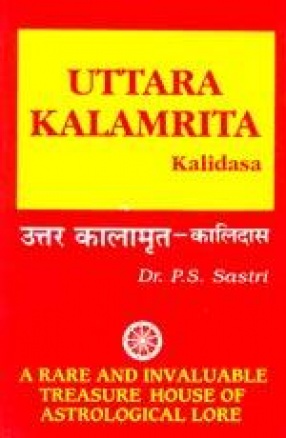This book provides a philosophical knowhow for solving issues that the human beings are often confronted with. The work is applied and interdisciplinary in nature. The author suggests that Philosophical methods can be effective in understanding and solving intra-personal, inter-personal and social conflicts; hence Clinical Philosophy is an applied philosophy of integral health. The book offers expertise for solving human problems in an empirically and logically congruent manner. The book has been written with a wide readership in mind-students of Philosophy, Psychotherapists, Medical Practitioners, Psychologists and Counsellors. The book also contains interesting Appendices, which is expected to benefit the aspiring Clinical Philosophers- or anyone who is desirous of using these principles in solving the human existential- predicaments. The central theme of the book is that the human cognition and the activities thereon are based on certain fundamental assumptions, and changing your Fundamental Assumption changes your worldview.

Clinical Philosophy
In stock
Free & Quick Delivery Worldwide
reviews
Bibliographic information
Title
Clinical Philosophy
Author
Edition
1st ed.
Publisher
ISBN
8183700357
Length
xvi+110p., Figures; References; Appendices; Bibliography; Index; 23cm
Subjects



There are no reviews yet.